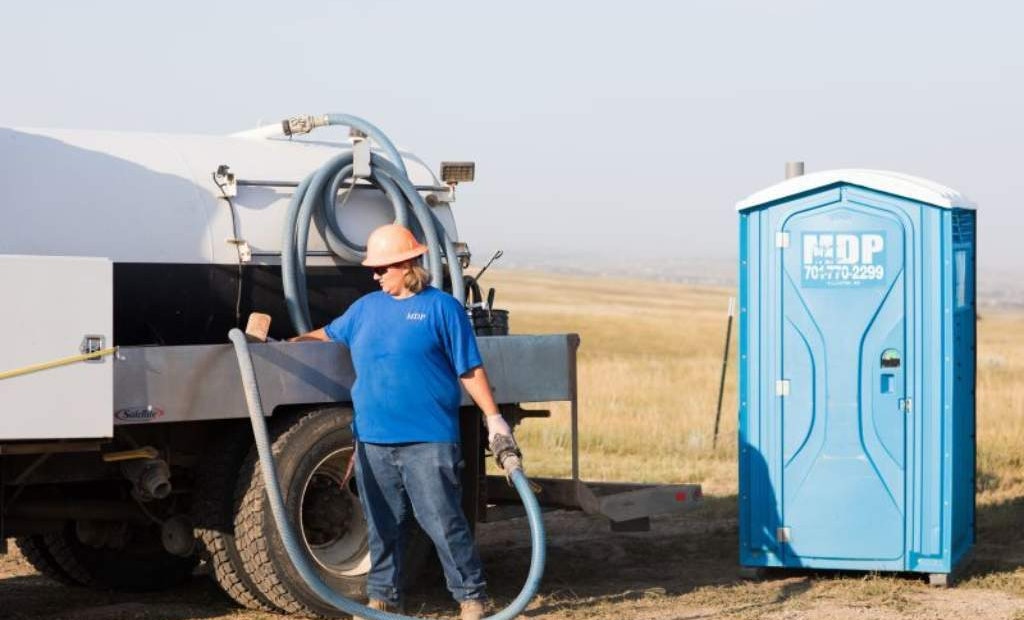Interested in Portable Sanitation?
Get Portable Sanitation articles, news and videos right in your inbox! Sign up now.
Portable Sanitation + Get AlertsWhen the oil industry began to boom in North Dakota, the lack of wastewater treatment plants was one of the biggest concerns for portable restroom business MonDak Portables. While the portable sanitation company sought solutions to its waste treatment issue, the state hustled to catch up on other housing and infrastructure projects.
Founded in 2008 by Barb Rogers and Kathy Zent, Epping-based MonDak Portables was at the mercy of ever-increasing disposal fees and the knowledge that one day the plants wouldn’t accept loads from its business.
Proactively, they prepared to switch to land application, a method they have used exclusively since 2012, when plants did turn them away because of lack of capacity. At the time, North Dakota didn’t have regulations for land application. Based on U.S. Environmental Protection Agency guidelines, Rogers' husband, Rick Rogers, worked with state health department officials to set up guidelines.
It takes about 40 acres/year to spread the septage to meet the guidelines. Initially MonDak Portables pays a nearby farmer to use their property. When they see the value of the fertilizer, sometimes farmers pay MonDak Portables. The company has worked with different farmers over the years.
MonDak Portables made a substantial investment and has the capacity to store 70,000 gallons using a buried tank, two frac tanks and a 2013 Nuhn Industries sprayer with a 12,500-gallon tank. They also have a 2012 Peterbilt 348 septic truck with a 4,000-gallon steel tank built by Satellite | PolyPortables to use for storage, as well as spreading directly on the field. When the conditions are suitable, MonDak Portables uses a 1997 John Deere tractor to pull the sprayer for land application after the waste goes through a screen and to pull a disc to work it into the soil.
“For the most part, we don’t have to do any treatment, but there are times we have to (add lime) to knock down the smell,” Rogers says.
MonDak Portables continues to have a good relationship with the state health department, and the company is careful to follow the guidelines. The EPA and the state make regular inspections. When there are proposed rule changes, MonDak Portables is asked for its opinion.
“You have to be proactive instead of reactive,” Rogers says, “even if you have to lay out more cash.”
To learn more about MonDak Portables, check out Pumper's sister magazine and read the contractor profile story in the December issue of Portable Restroom Operator.






